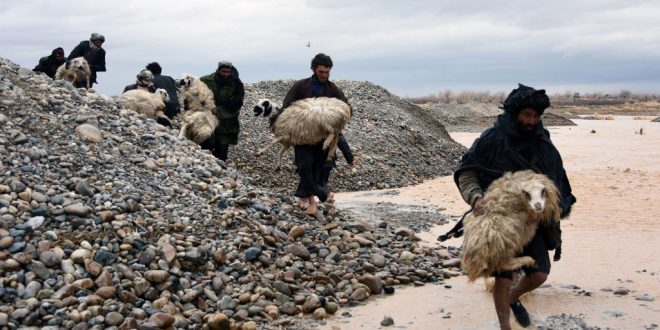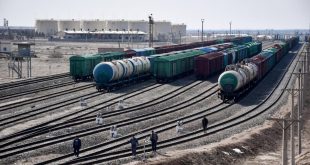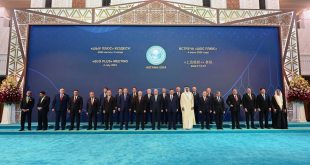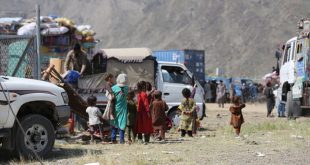KABUL — Afghanistan is spiraling into an environmental catastrophe caused by nearly five decades of war, according to a stark new warning from United Nations officials and researchers. Toxic air, poisoned water, radioactive soil, and deforestation are endangering millions, with experts calling it one of the world’s most overlooked crises.
Richard Bennett, the UN Special Rapporteur on Human Rights in Afghanistan, said decades of military conflict have turned the country into a toxic zone, and that the ecological fallout is now a full-scale human rights emergency. “The water, soil, and air of Afghanistan are polluted due to decades of explosive substances that have not been cleaned up,” Bennett said. “All parties to the conflict are responsible.”
Years of heavy bombardment, burn pits, chemical contamination, and the use of depleted uranium munitions have severely damaged the environment, contributing to a surge in cancer cases, respiratory illness, and birth defects. Forests have been stripped, rivers polluted, and farmland rendered unusable. UN-backed researchers say the impact of war on the environment is now threatening Afghanistan’s future even more than armed conflict itself.
Only two of the country’s 29 provinces are believed to be free of landmines, and vast areas remain contaminated by unexploded ordnance. Meanwhile, massive deforestation, largely driven by survival and exploitation during the war years, has left just two percent of the country’s original forest cover intact, accelerating desertification and flooding.
Legal scholars and UN experts are now exploring options for holding states and armed actors accountable for the environmental destruction. Dr. Haroun Rahimi, an Afghan legal expert, said efforts are underway to prepare legal challenges and international reports. “We must pursue strategic litigation and use science to build a case for justice,” Rahimi said.
The UN is preparing a report on the long-term health and ecological consequences of war in Afghanistan, to be presented to the General Assembly later this year. Calls are growing for reparations, cleanup efforts, and targeted aid to help affected communities without empowering the Taliban regime.
With most Afghans dependent on agriculture and clean water, officials warn that environmental collapse could soon trigger new waves of displacement and deepen the humanitarian crisis. As Bennett put it, “The war may be over, but the environmental consequences will haunt generations unless urgent action is taken.”
 Afghanistan Times
Afghanistan Times




